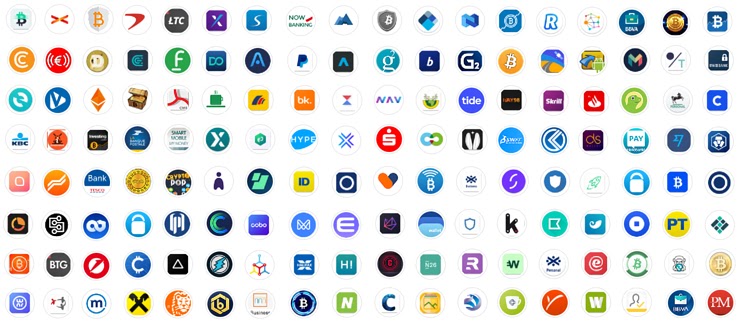

Researchers uncovered a new wave of stealthy banking Trojan and info stealer dubbed “EventBot” that can steal banking information, personal data and implant keystrokes on victims’ Android devices.
The Malware primarily abusing the Android’s Accessibility feature and steal the financial apps data, SMS messages and read the incoming SMS to bypass the 2FA.
EventBot targets a wide range of victims including 200 different financial Apps in various categories including banking, money transfer services, and cryptocurrency wallets.
The specifically targeted applications are Paypal Business, Revolut, Barclays, UniCredit, CapitalOne UK, HSBC UK, Santander UK, TransferWise, Coinbase, Paysafecard, and many more which is used by tens of millions of Android users.


Once these apps are compromised, the EventBot Trojan will gain a wide range of access to the personal and business data which is holding by around 60% of Android devices.
It targeted the banking apps in specific countries inducing the United States and Europe, including Italy, the UK, Spain, Switzerland, France, and Germany.
The malware is completely brand new and possibly become a big mobile malware in 2020, also the malware authors have developed the variant with a variety of feature with sophisticated functionalities.
In the initial stage of the attack, Attackers masquerade the malware as a legitimate application with several Icons and uploaded into the rogue APK stores and other shady websites.
Researchers observed a different version of EventBot malware (0.0.0.1, 0.0.0.2, and 0.3.0.1 and 0.4.0.1) and the each version has different bots functionality.
Once the malicious module got installed, it requests a following permission in the victim’s devices.
Later it prompts users to grant permission to the accessibility services. once it gained the access, the malware has gained an ability to operate as a keylogger and access the notification about the other installed apps.
Also it requesting permission for running the in the background to the most updated version of the Android.
According to Cybereason Research report “This version includes 185 different applications, including official applications of worldwide banks. 26 of the targeted applications are from Italy, 25 are from the UK, 6 are from Germany, 5 are from France, and 3 are from Spain.”
Every version has its unique features to steal financial information, is able to hijack transactions, and also collecting the personal data, passwords, keystrokes, banking information.
You can follow us on Linkedin, Twitter, Facebook for daily Cybersecurity and hacking news updates.
Also Read:
Cookiethief – Android Malware that Gains Root Access to Steal Browser & Facebook App Cookies
Google Play Store Flooding with Spyware, Banking Trojan, Adware Via Games, and Utility Apps
The volume of infostealer malware distributed through phishing emails has surged by 84% week-on-week in…
A division of Palo Alto Networks, have revealed a sophisticated scheme by North Korean IT…
Cybersecurity experts have observed an alarming increase in the use of SVG (Scalable Vector Graphics)…
DNS tunneling is a covert technique that cybercriminals use to bypass traditional network security measures…
The Akira ransomware group has intensified its operations, targeting over 350 organizations and claiming approximately…
Hybrid cloud environments, which blend on-premises infrastructure with public and private cloud services, have become…